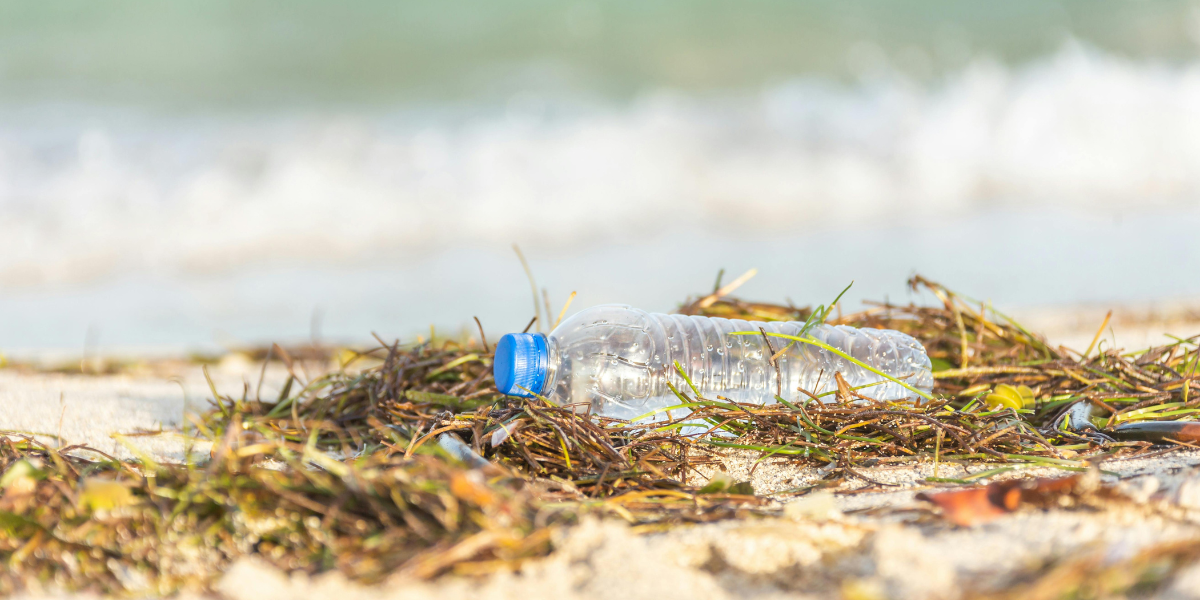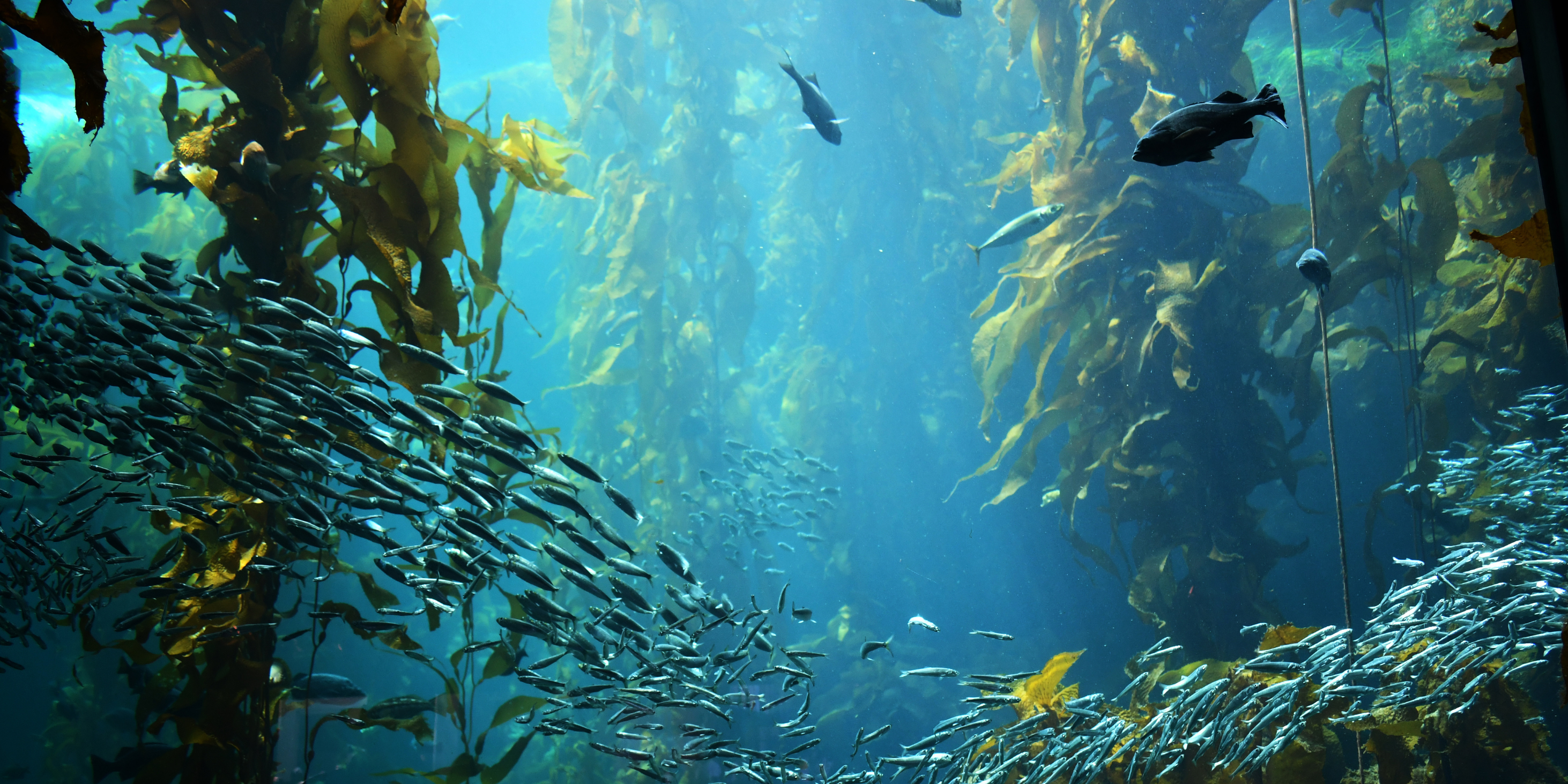From styrofoam and plastic bags, to straws and cutlery, many governments and businesses are taking a stand against plastic pollution by banning, taxing, or restricting use of these items in favor of reusable, recyclable, or compostable alternatives.
One by one, more are joining the movement. But along with this momentum, you’ve likely seen a fair share of criticism as well. Many argue that, while it’s a start in the right direction, plastic bans could distract us from making bigger systemic moves to change the culture and mindset around plastic use.
So perhaps you’re still wondering: are plastic bans or restrictions really worth it? Are they actually making a dent in our plastic pollution problem?

The short answer is, so far, yes—though the more time passes, the better idea we’ll have of the effects.
Single-use plastic regulation is a fairly new practice, especially in the United States. Though the EU, China, India, and many other nations already had bans or taxes in place, the U.S. only got on board recently, with California being the first state to ban plastic bags in 2016, and beginning to ban plastic straws only just this year.
But some municipalities stayed ahead of the plastic regulation game, despite slow adoption by states. California cities like Santa Cruz, San Luis Obispo, and Davis had plastic straw bans in place two years before the statewide ban.
San Francisco was the first U.S. city to institute a plastic bag ban back in 2007, and hundreds of other cities and counties have joined since, with promising results. For example, in San Jose a 2011 plastic bag ban has reportedly reduced plastic litter by 89% in storm drains, 60% in creeks and rivers, and 59% in city streets.
While many U.S. bans are still too new for substantial data to exist on their true effects, one 25-year study in the UK does show significant and promising results.

From 1992 to 2017, seafloor litter was monitored in the coastal seas of Northwest Europe. In the results, published in the journal Science of the Total Environment, researchers noted a 30% drop in the number of plastic bags caught by fish trawling nets.
The drop occurred a few years after Ireland levied a tax on plastic bags back in 2002, which caused a 90% reduction in plastic bag litter. Denmark’s plastic bag tax followed a year later, and England finally followed suit in 2015.
While the world awaits more results of plastic regulation, particularly of the recent uptick in plastic straw bans, we can take heart from the results of research such as the UK study

With the knowledge that actions taken so far are causing significant reductions in plastic pollution, we can continue to boost awareness. Coupled with further efforts to improve recycling technology, design, and culture shifts, we think plastic bans are undoubtedly a step in the right direction for the environment.
Sources:
Environmental and Resources Economics






Share:
Decluttering: the Newest, Greenest Trend?
7 Essentials for an Eco-friendly Bathroom